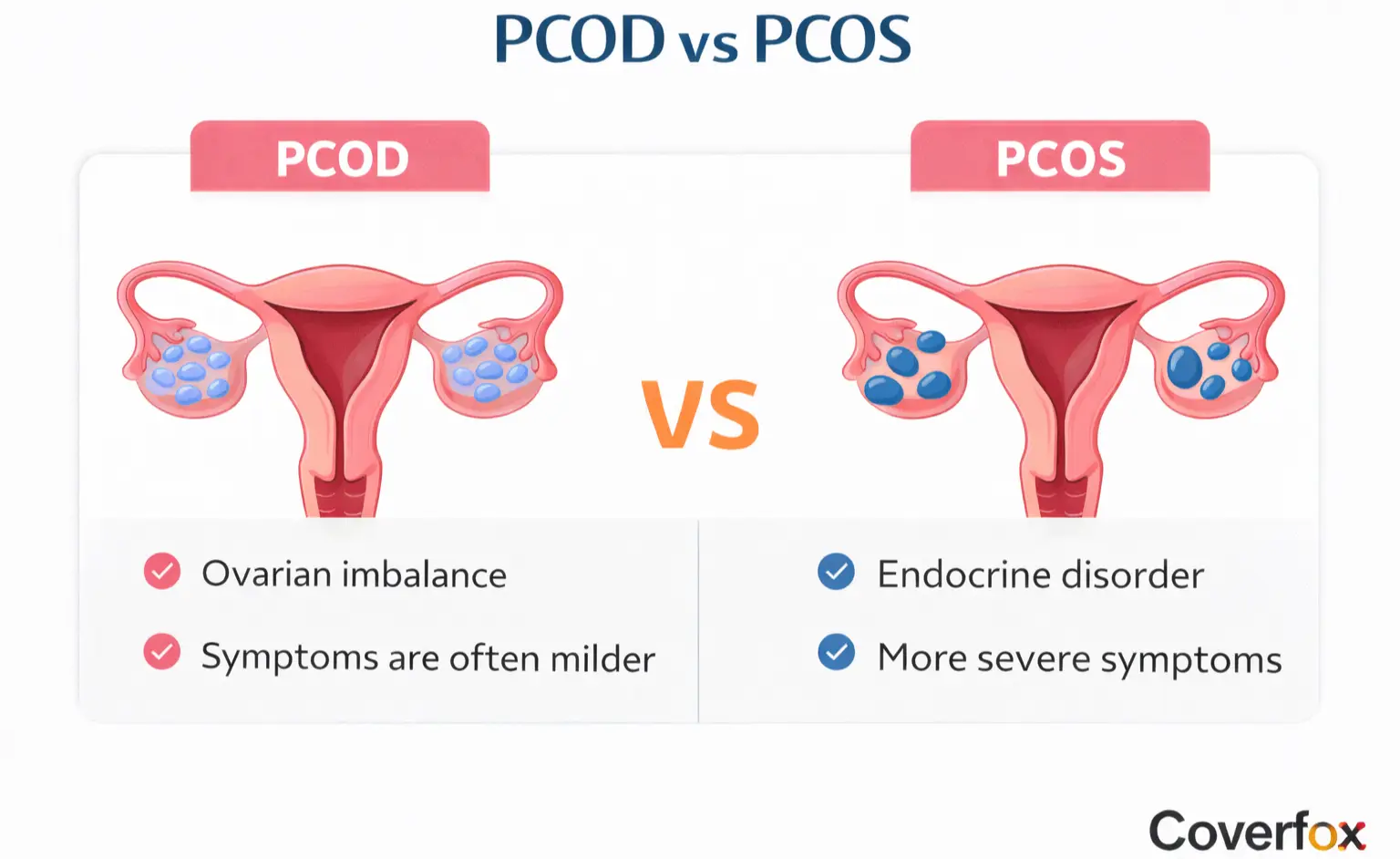In India, securing health insurance for kidney patients can present unique challenges and opportunities. Given the critical nature of renal diseases and the long-term care they necessitate, finding the right coverage is crucial.

Let us help you explore the intricacies of health insurance options available in India for kidney patients, aiming to demystify the process and shed light on how to access the best possible care without facing financial hardship.
What is the Kidney and what is kidney failure?
The kidneys are vital organs in the human body, primarily responsible for filtering waste products, excess water, and other impurities from the blood. These wastes are then excreted from the body in the form of urine. Additionally, kidneys help regulate blood pressure, red blood cell production and electrolyte balance.
Kidney failure, or renal failure, occurs when the kidneys lose their ability to perform these critical functions effectively. This can be a result of chronic conditions like
- Diabetes
- High blood pressure or
- Various kidney-specific diseases
Acute kidney failure can also occur rapidly due to
- Injuries
- Dehydration
- Severe infections
When the kidneys fail, harmful levels of waste accumulate in the body, leading to a condition called uremia. Early detection and management of the conditions that can lead to kidney failure are critical in preventing this severe and potentially fatal condition.
Types of Kidney Failure
Kidney failure occurs when your kidneys lose the ability to filter waste effectively. Here are its types:
| Type | Description |
|---|---|
| Acute Kidney Failure | Rapid loss of kidney function, often reversible. Causes include severe dehydration, infection, or direct damage to the kidneys. |
| Chronic Kidney Failure | Is a Progressive and irreversible loss of kidney function over months or years, often due to diabetes or high blood pressure. |
| Pre-Renal Kidney Failure | Caused by decreased blood flow to the kidneys, leading to impaired function. Commonly results from dehydration, heart failure, or shock. |
| Intrinsic Kidney Failure | Results from direct damage to the kidneys by inflammation, toxins, drugs, or infections. This type includes acute tubular necrosis. |
| Post-Renal Kidney Failure | Caused by obstructions in the urinary tract, such as kidney stones, tumors, or an enlarged prostate, leading to kidney damage. |
Renal Kidney Failure Symptoms
Renal kidney failure, a critical condition where kidneys can't filter waste effectively, leads to noticeable symptoms. Early stages might be subtle, but as it progresses, more severe signs emerge. Symptoms include:
Swelling in legs, ankles, and feet due to fluid retention.
Excessive fatigue and weakness, impacting daily activities.
Shortness of breath, often due to fluid accumulation in the lungs.
Decreased urine output, though sometimes urine production remains normal.
Persistent nausea, impacting appetite and weight.
Confusion or difficulty concentrating, is linked to toxins affecting the brain.
High blood pressure that is hard to control.
Chest pain or pressure, potentially indicating heart issues from overloaded circulation.
Immediate medical attention is crucial upon noticing these symptoms to manage the condition and prevent further complications.
Kidney Failure Diagnosis
Kidney failure diagnosis involves a series of tests to assess kidney function, including blood and urine tests, imaging studies, and sometimes a biopsy to determine the extent of kidney damage and to guide treatment strategies. Here's more about it.
| Method | Description | Purpose |
|---|---|---|
| Blood Tests | Measures levels of waste products (e.g., creatinine and urea). | Evaluate kidney function. |
| Urine Tests | Abnormalities in urine, such as protein or blood | Detecting kidney damage. |
| Imaging Tests | Ultrasounds, CT scans, and MRIs. | Assess kidney structure and blockages. |
| Glomerular Filtration Rate (GFR) | Calculates how well the kidneys are filtering. | Determine the stage of kidney disease. |
| Kidney Biopsy | Removal of kidney tissue for lab testing. | Identify the specific type of kidney disease. |
| Blood Pressure | Measurement High blood pressure is both a cause and a result of kidney disease. | Monitor and control contributing factors. |
Kidney Failure Treatment
Kidney failure, also known as renal failure, requires a multifaceted approach to treatment, focusing on slowing progression and addressing symptoms.
Firstly, medications are used to manage underlying causes like hypertension and diabetes, crucial for slowing disease advancement.
Dialysis is a vital treatment for removing toxins and excess fluids from the blood when the kidneys can't.
There are two types: hemodialysis and peritoneal dialysis. Additionally, dietary changes, including reduced sodium and protein intake, can help manage symptoms and workload on the kidneys.
In advanced cases, a kidney transplant might be the best option, replacing the failed kidney with a healthy one from a donor.
Regular monitoring and lifestyle adjustments, alongside these treatments, play an essential role in managing kidney failure.
The Importance of Health Insurance for Kidney Patients
Here is why it is important to have health insurance for kidney patients.
Financial Protection: Kidney treatment, including dialysis and transplantation, is costly. Health insurance can safeguard patients from financial ruin, covering significant portions of treatment costs, thereby reducing the financial burden.
Access to Quality Care: Patients with health insurance have better access to quality healthcare facilities and specialists in nephrology. This ensures timely and comprehensive treatment, improving outcomes for kidney patients.
Covers Medication Costs: Kidney disease requires ongoing medication to manage symptoms and slow progression. Health insurance typically covers these essential drugs, making it easier for patients to adhere to prescribed treatment plans.
Preventive Services: Many health insurance plans cover preventive services that can detect kidney disease early on. Regular check-ups and screenings can lead to early intervention, potentially slowing disease progression and improving quality of life.
Support Services: Health insurance often extends beyond just covering treatment costs, providing patients with access to support services such as counselling and dietary advice. These services are crucial for managing kidney disease effectively and maintaining mental well-being.
In India, securing health insurance for kidney patients can be challenging due to pre-existing condition clauses and high premiums. However, with the government's increased focus on healthcare, options are slowly expanding. Insurers now offer specialised plans, but affordability and comprehensive coverage remain issues for many patients seeking renal healthcare protection.




.webp)
 in Insurance.webp)